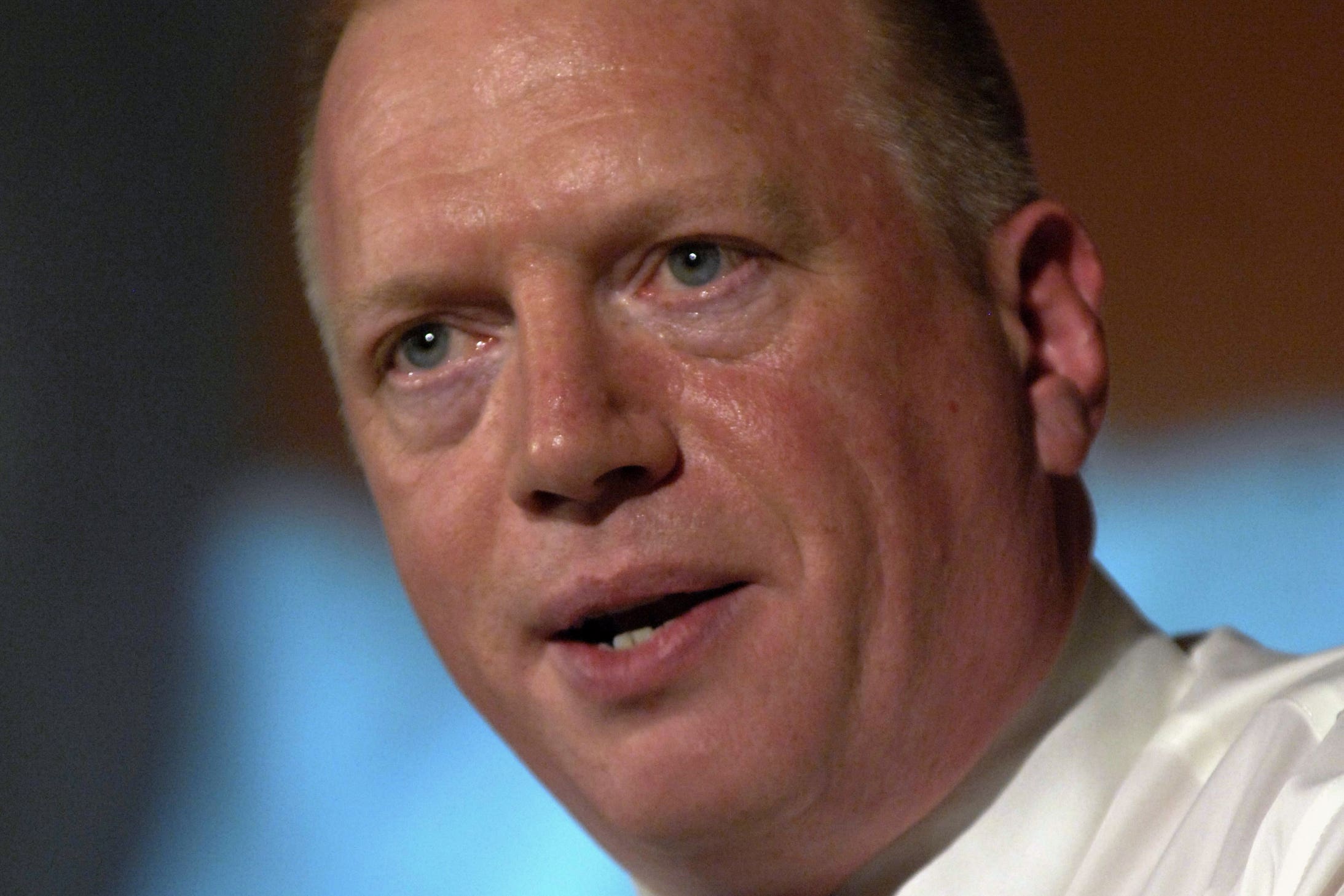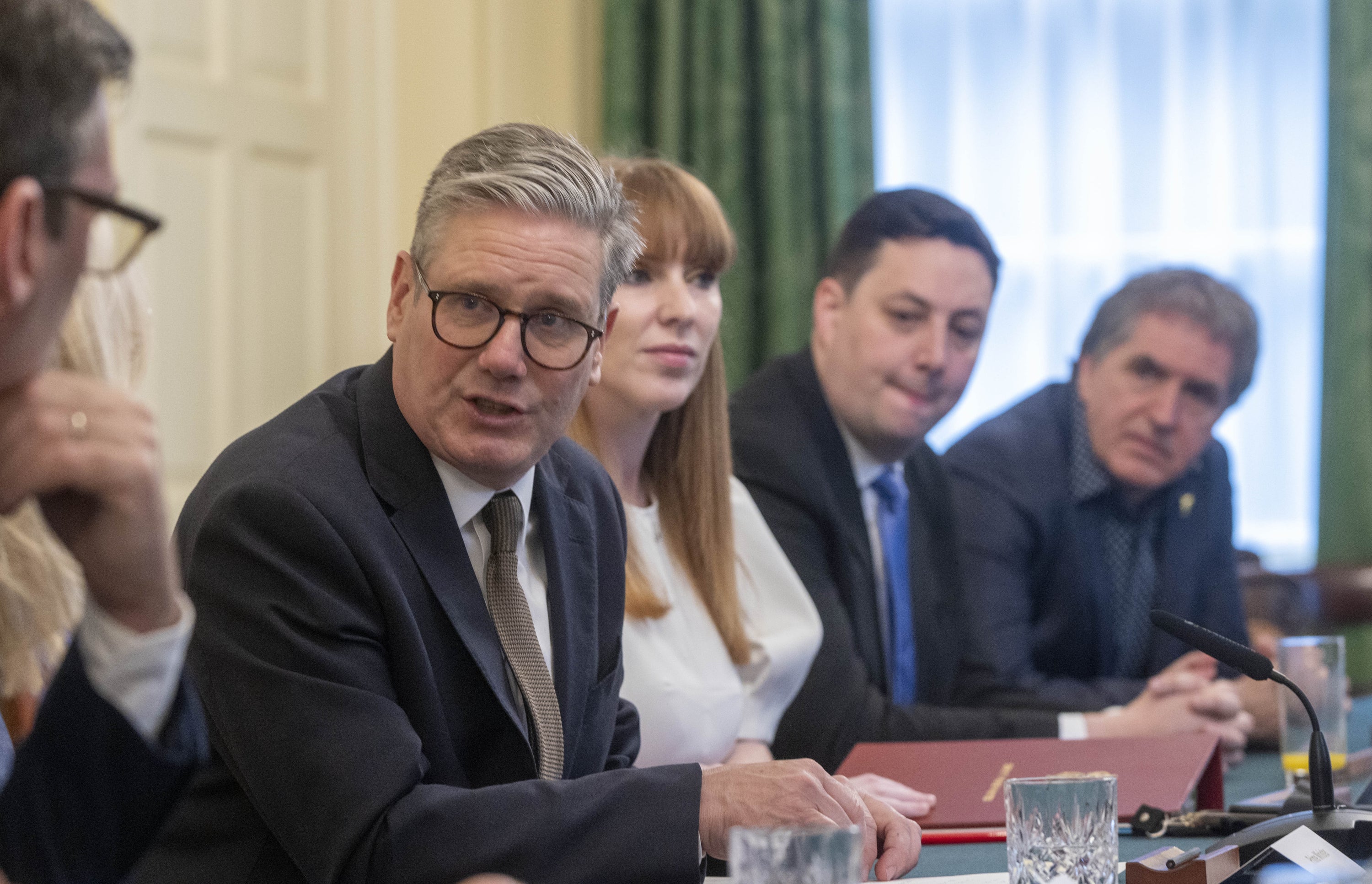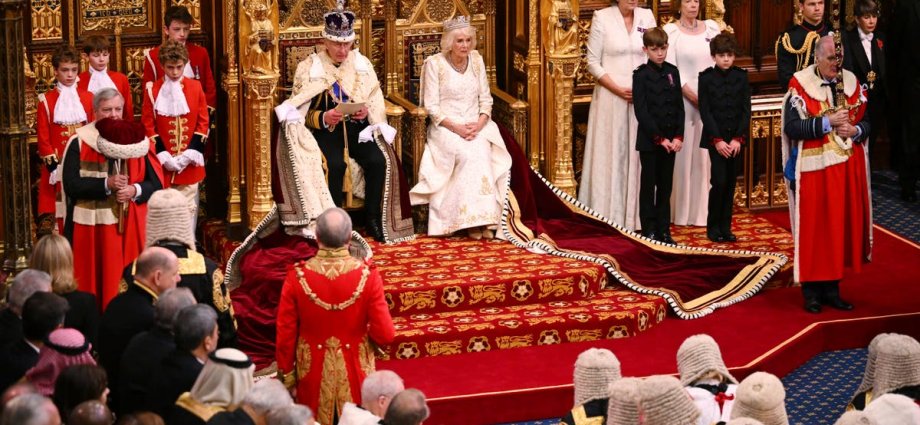Trade union leaders have laid out their demands to Keir Starmer for the King’s Speech for “oven ready” legislation to reverse Tory anti-strike laws.
With 35 bills set to be contained in Labour’s first legislative programme in 14 years which will be read out by King Charles on Wednesday, there are fears in the trade union movement that Sir Keir may deprioritise his pledges on workers rights.
Speaking exclusively to The Independent, Trades Union Congress (TUC) president Matt Wrack, who is also general secretary of the Fire Brigades Union (FBU), warned that “words will not be enough” from the new Labour prime minister and rapid action is expected.
The concerns have come through a lack of communication and reports that deputy prime minister Angela Rayner is already being sidelined in the government.

Ms Rayner had been responsible for pushing workers’ right talks while Labour was in opposition but her new brief as communities secretary does not give her clear control over the issue.
Added to that union leaders were put on alert last week when Sir Keir made a point of telling journalists travelling with him to Washington DC for the Nato conference, that he will not accept pay demands from them for their members.
This has come in the context of the latest talks with junior doctors with the new Labour government insisting it will not meet their demands for a 35 per cent pay rise.
Mr Wrack told The Independent: “It’s vital that the King’s speech contains substantial and ‘oven ready’ legislation to deliver Labour’s New Deal for Working People. Words alone are not enough.
“Working people rightly expect Keir Starmer to use the King’s speech to clearly map out a specific timescale for fulfilling the manifesto commitment and repeated promises made ahead of the general election on workers’ rights.”

Mr Wrack led the talks with Labour’s leadership and the unions on the eve of the election ahead of the manifesto being finalised amid claims that Sir Keir wanted to water down commitments on workers rights.
Labour successfully wooed a number of business leaders during the election including Iceland’s Richard Walker who helped introduce the manifesto launch in Manchester.
It meant that a delicate balance of improving workers rights but also not scaring off business investment needs to be struck with Sir Keir making “economic growth” his number one priority.
But Mr Wrack said: “It’s crucial that this includes passing legislation to repeal the authoritarian and undemocratic Minimum Service Levels Act and the 2016 Trade Act, which severely limit the rights of workers to take industrial action in defence of public services and pay even when they have a democratic mandate to strike.
“Unions have been working with Labour officials and shadow ministers for years to prepare the New Deal for Working people ahead of Labour entering office. There is no reason for delay. Labour must use its massive Commons majority to get these pernicious laws off the statute book quickly.”
Top of the union wishlist is repealing the Tories’ minimum service legislation which restricts the rights to strike in critical services like the NHS.
But they also want David Cameron’s 2015 Trade Union Act which forced 50 per cent plus turnouts in industrial dispute votes for strikes to be legal and gave employers 14 days notice of action.
Added to that unions are looking for guarantees on a virtual end to exploitative contracts including most zero hours contracts.
They also want a ban on hire and fire practices as happened with P&O Ferries.
Sir Keir’s problems with unions has meant that Unite, the biggest trade union, already refused to endorse his election manifesto and has pulled back funding for Labour.
Within 48 hours of him entering Downing Street, Unite’s general secretary Sharon Graham challenged the Labour leadership on industrial strategy urging them to break their fiscal rules and “borrow to invest”.
She warned that waiting for growth would take too long to save key parts of UK industry including the steel works at Port Talbot in south Wales where thousands of workers are set to lose their jobs.











